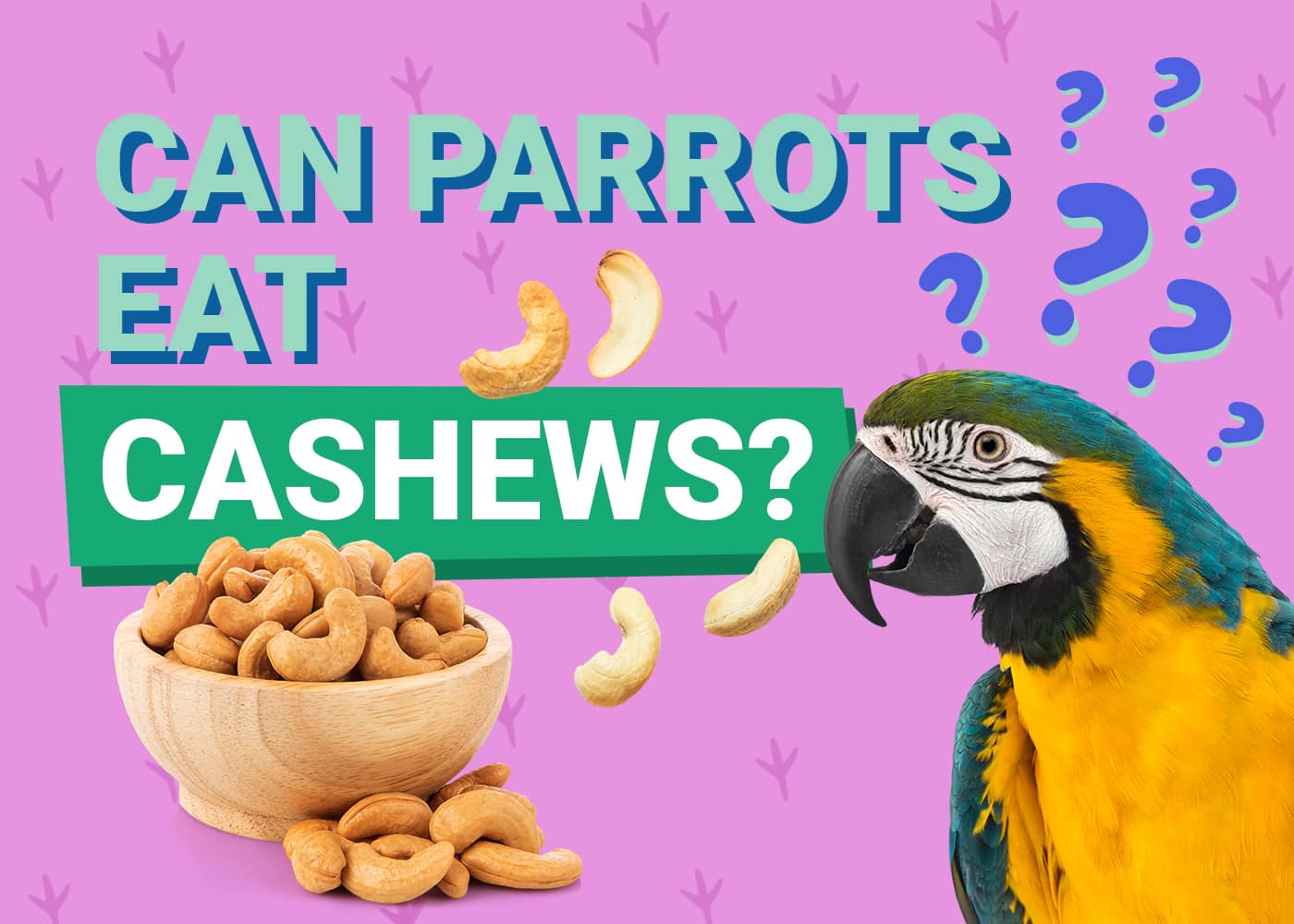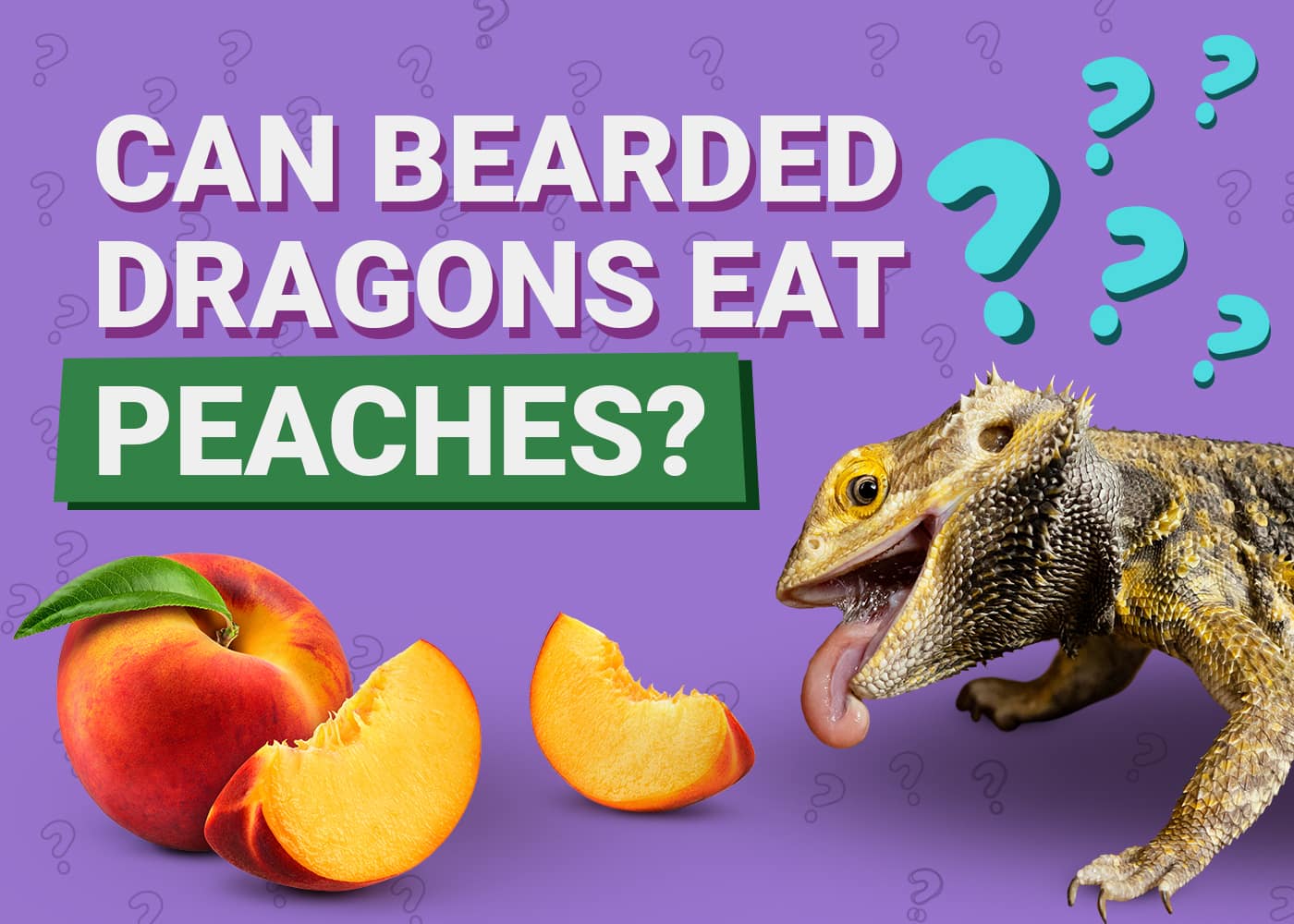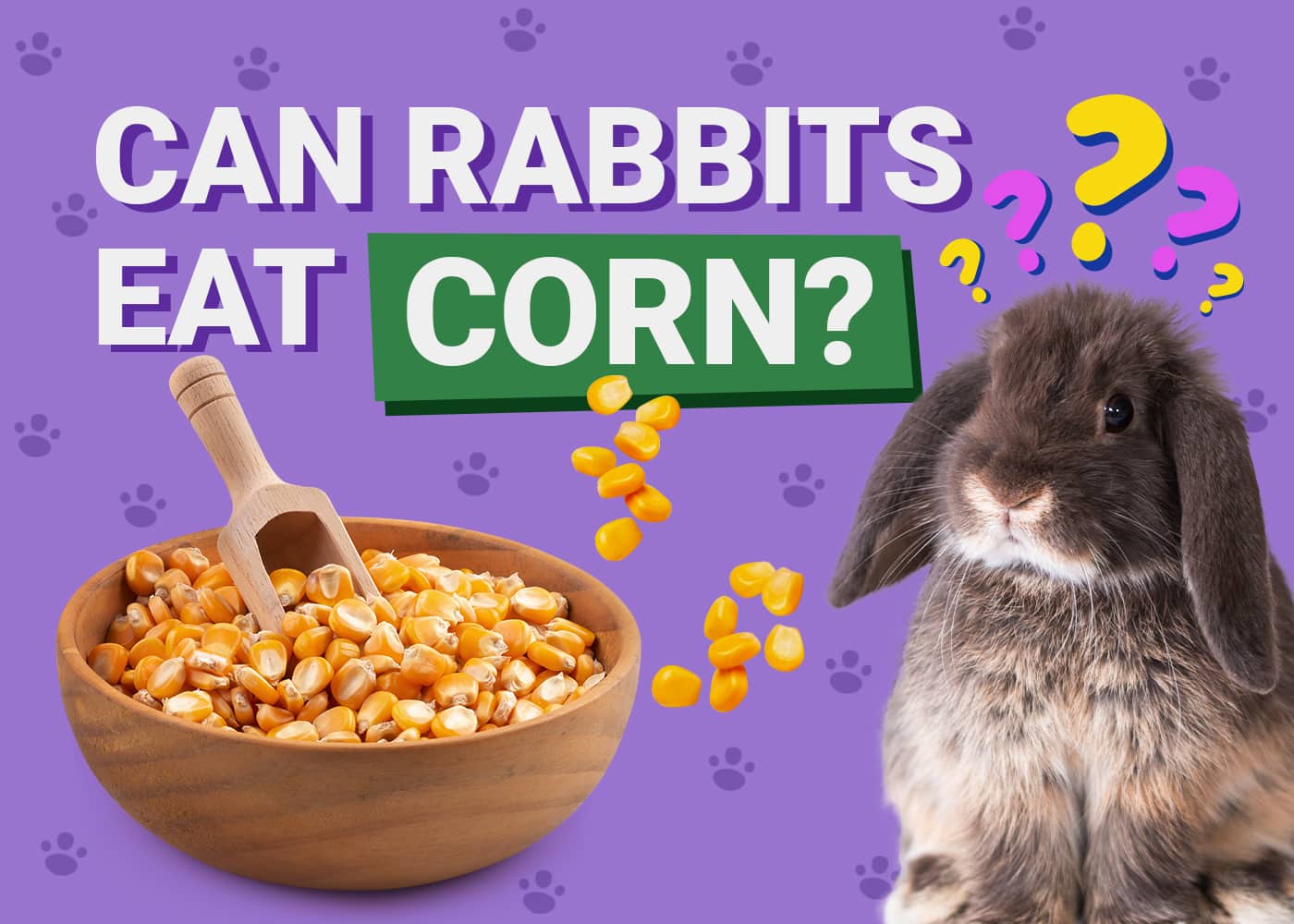VET APPROVED

The information is current and up-to-date in accordance with the latest veterinarian research.
Learn more »Cashews are often part of the salty goodness that comprises nut mixes. These can be seasoned several different ways or served plain, as they are flavorful all on their own. Parrots often appreciate having a varied diet that includes a wide range of nuts and seeds. If you’ve ever wondered whether cashews are safe for your parrot, here are the things that you need to know.
Can Parrots Eat Cashews?
Cashews are safe nut options for your parrot, but they are best fed in moderation, raw, unseasoned, and unsalted. Salted nuts are often far too high in sodium to make them safe for your parrot. Purchasing plain cashews is going to be the best option. If you’re unable to get plain cashews, your safest and healthiest bet is to skip them in favor of bird-safe plain nuts.
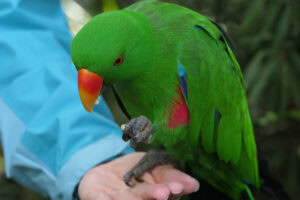
Are Cashews Good for Parrots?
In moderation, cashews are great treats for your parrot. Cashews are mostly fat but contain a respectable amount of protein. In addition, they’re a source of many different minerals and vitamins. Many parrots’ diets are lacking in multiple vitamins and minerals, so cashews can help to fill these gaps in nutrition.
It’s important to keep in mind that cashews are high in calories (due to their high fat content). In large quantities, this excess can lead to health problems for your parrot. Too many calories can cause obesity, which can further snowball into other issues for your parrot.
How Many Cashews Can I Feed My Parrot?
The number of cashews you can offer to your parrot will depend on the size of the bird. Since cashews should be fed as treats, the number should be limited, and they should only be offered on an occasional basis. More than once or twice a week is likely too much for most birds. For large parrots, a few cashews can be offered. For small parrots, only a couple should be offered.
Remember that seeds and nuts should only constitute a small fraction of your parrot’s diet (around 10–15% at most). In addition, the key with seeds and nuts is variety. Instead of offering your parrot cashews every day, you should try to rotate several different foods in their diet. For a precise nutritional plan for your parrot, it’s best to consult your veterinarian.
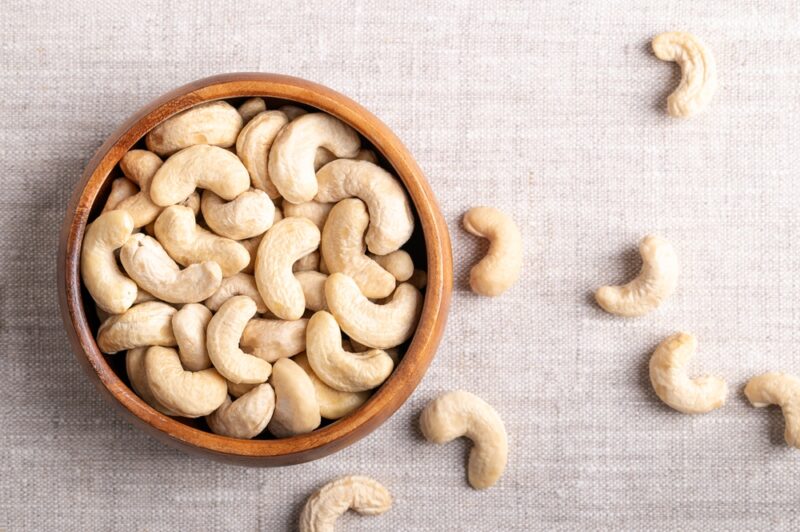
Are There Better Alternatives to Cashews?
When it comes to nuts, they all run relatively high in calories. To call one nut “better” than cashews wouldn’t be fair, as each nut has a different nutritional profile and therefore, will offer your parrot different benefits and nutrition. This is further compounded by the fact that each parrot has their own unique nutritional needs (which change throughout their life). On the whole, though, all nuts are high in calories and should generally comprise a small portion of your pet’s diet.
For most (but not all) pet parrots, the base of the diet should be commercial parrot pellets that are supplemented with veggies. Nuts, seeds, and other protein sources should be in lower portions than the aforementioned vegetables and pellets due to their high fat and calorie contents. Their diet is typically completed with a small fraction of healthy fruits.
In Conclusion
Parrots don’t tend to be picky eaters and will happily snack on most things that are offered to them. It’s your responsibility to keep your parrot healthy, and that includes limiting treats and focusing on a healthy diet. Cashews can be a part of that when offered in moderation.
Cashews are a nutrient-dense food, and as part of a balanced diet, they can help your parrot meet all their nutritional needs. Many parrots lack the necessary nutrients to maintain health. Foods like cashews can help fill the gaps. However, understanding your pet’s full dietary needs mandates input from your veterinarian.
Also see:
Featured Image Credit: Rogeriof, Shutterstock
